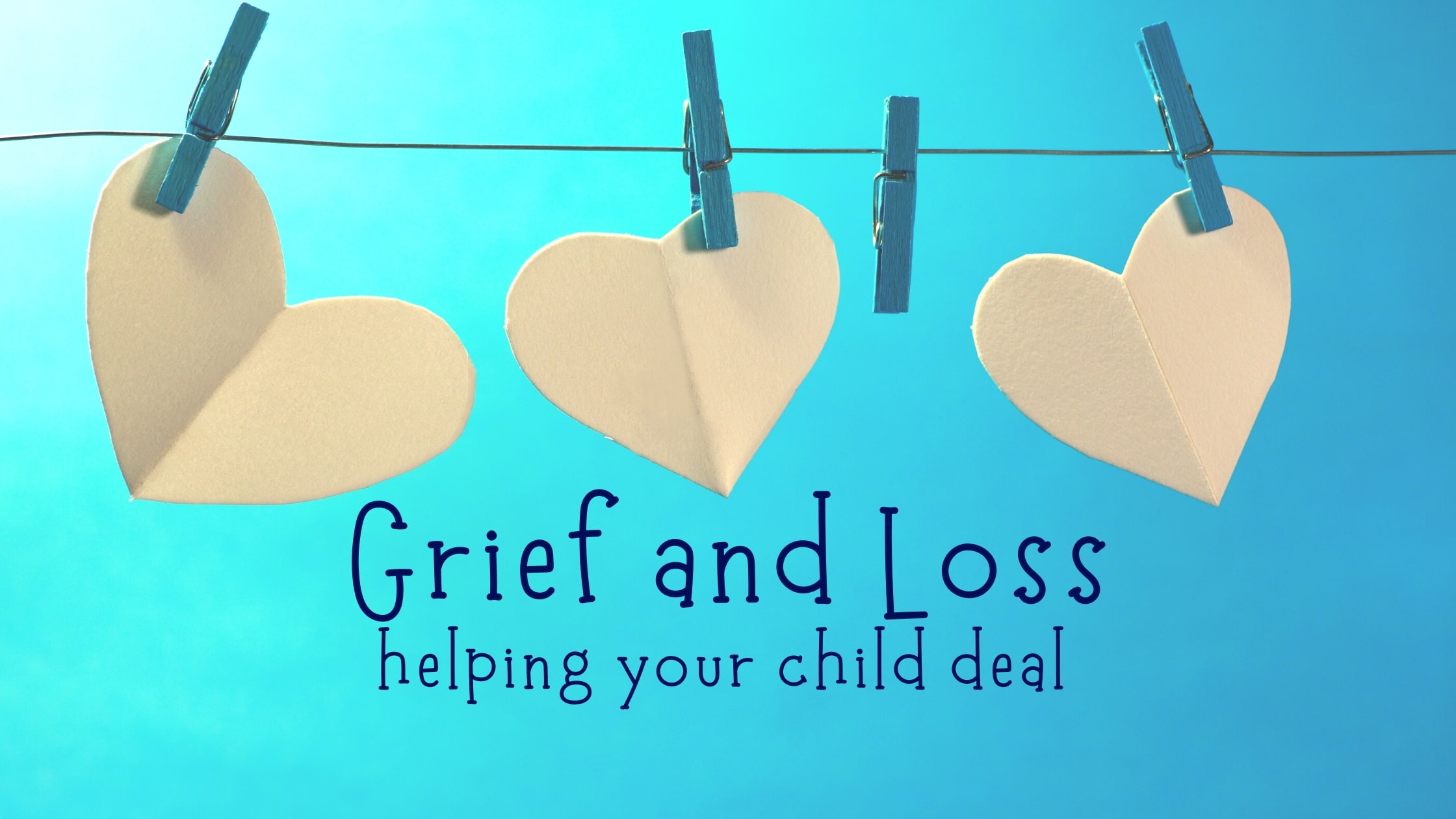
When your teen loses a friend as a parent, you have been hit with a double whammy. You yourself are trying to process this death and then you also have the added bonus of processing your child’s grief. It’s a double hit to your psyche.
Nothing prepares you for this devastation. Even as a THERAPIST I deal with this more often than others and it still takes my breath away. I lose myself and forget my training for a minute and it throws you off kilter.
Teenagers think they are invincible. They drive like they are Mario Andretti, they party like Paris Hilton, they live their lives like nothing can touch them. Unfortunately, this is all actually developmentally appropriate. Their Ids are at their highest and they fully and honestly cannot even visualize their lives ending.
Forget that teens are already in emotional upheaval just because they are teens. They have raging hormones that cause emotional disturbances, their bodies are changing in ways they cannot understand or control and it is really a tough time.
Ways to be there for your teen during their grief
They still want everything to stay normal
Children dealing with grief show their anxiety in different ways at different ages. Some of your elementary school/preteen children will want to know if everything else is going to stay the same or if the entire world as they know it is going to change?
This means that if they have swim practice on Tuesday you need to take them to swim practice. It means that if they work at a job, you try to encourage them to go and work their shifts.
Obviously you’re not going to force them if they are having an emotional breakdown at that particular moment. But the goal is to try to help them keep a sense of normality when everything feels like it’s falling apart


Your kids friends are important
Recently I learned firsthand that, while I definitely am a comfort for my son when he’s grieving, his two best friends and his girlfriend in college were even more comforting. I did not take this personally. I was quickly reminded that the comfort of someone that you are in a romantic relationship with trumps mommy or daddy most times.
Also there is a comfort amongst peers with the same experiences, relatively same age and on each others’ “level” . Of course my child is definitely a product of me, and I am the same way. I want my significant other laying by my side to comfort me when I’m struggling through these hard times.
Let them take the lead on what they need
It’s very easy for us to project onto our children what we think they need during this time. I remember right after Hurricane Harvey my son was asked to speak in front of a group of his peers about his experience. I 100% believed that he would say that the most traumatizing part of the experience was when I wrote my name and phone number on his body in Sharpie before we had to swim out into the flood waters. (clearly this was my hardest moment and has stuck with me to this day) To my surprise he never even mentioned that the thing that he leaned towards the most was how touched he was by the compassion of friends and strangers.
His proudest moment during the flood was going to my next door neighbor’s house and helping her remove her carpet and tear out the walls that were flooded. it blew me away. It was humbling because I assumed that this event was pure trauma for him and he proved me wrong.
So while it is safe to make assumptions it’s probably important to verbalize them and check in with your kids as to what’s going on with them. they may not always have the answers but I think it’s definitely appropriate to have these conversations with them.
Be careful with what you say
I know that I can’t stand when people say to me things like “this person’s in a better place” or “now they’re at peace” or “you should be over this by now”. No one needs to hear that crap. They need to hear things like “I’m here for you”, “how are you doing today?”, “would you like something to eat”, “would you like to talk about anything”?
These things are open-ended and they show care and compassion not just about their emotions but about their physical well-being. Sometimes I just send my kid funny memes just to let him know that I’m thinking about him. Sometimes they will just start talking without prompting and you must do your best to listen, and actively repeat what they’re saying to you so they know that you’re listening. I tend to say things like “so what I’m hearing you say is..” or “it sounds like you have a lot of really good memories of your friend. Thank you for sharing them with me.”
Let Them Do Something About It
Freshman year of college my son lost a close friend of his. and within four or five days an artist had designed a t-shirt with a red smiley face on it because that’s what that student had painted on his senior square at the baseball field. The shirt instantly became popular with everybody and it was as simple as a smiley face. The symbolism of the shirt however is not simple at all. This shirt connected all the students/family and friends together who knew and loved this young man without having to say a word. It provided comfort and community to a group of people who were grieving deeply. Some family and friends will also start a scholarship fund or a donation campaign in that person’s name. again it gives them purpose and allows them to do something when they’re feeling out of control. GoFundMe accounts are very popular in this day and age and are a very easy way to disseminate through your social media platforms requesting support financially for the family who is struggling.
A month ago one of our high school students suffered a rare cardiac attack and was in the PICU. On the following Wednesday night my youth group met and discussed having a bake sale to raise money to help support the family with their medical expenses. The bake sale occurred on Sunday and between 8:00 a.m. and 2 p.m. our students raised just over $10,000! The power of our youth and what they can do amazed me. See the article about them here.
Be honest with your kids about grief and loss
If there is some kind of a long-term significant illness that you are dealing with around your child. be honest with them. I know your initial gut instinct is to protect them from sadness and death. however taking the choice out of their hands is to how they grieve and when they grieve and how they want to say goodbye may cause resentment in the future. I know that my parents did this quite often Sheltering me from things that they thought would cause me emotional pain but the flip side is that I stopped trusting them when it came to knowing about other people’s real health situations. and that took a really long time to fix between us.
It’s okay to be honest, it’s okay to tell them that things are not good, never ever ever make a promise to them that you know you can’t keep
If this is their first experience with death
Whatsyourgrief.com has a wonderful section on first time grief outlined here.
For many children, this is their first experience with death. For significant relationships, children may come to define their lives in terms of ‘before’ the death and ‘after’ the death. After a death, adolescents may experience the following for the first time:
- End of life rituals and etiquette: Many children have yet to attend a funeral or memorial service well into their teen years. Rituals and etiquette may cause anxiety for adolescents, especially if they don’t know what to expect or how to act. Additionally, teens may be uncomfortable with the feeling of being on stage as everyone watches to see how they’re coping.
Tip: Prepare the child for what to expect depending on the type of services you are going to have. Include them in the planning. Talk about what, if any, elements they would like to be a part of and what, if any, they can opt out of. Encourage them to participate but don’t force.

- Emotions: For adolescents who have little experience with trauma, death, pain, or stress, this will be the first time they experience the overwhelming emotions related to grief. This can be frightening and many don’t have the self-awareness to know what types of coping strategies will help. More on emotions later.
Tip: Normalize the range of emotions grievers are apt to experience. Prepare them for shifts in emotion and give them permission to laugh and feel happy when they feel like it. Help them brainstorm coping strategies based on their personality and strengths. Offer options such as counseling, journaling, and workbooks, but don’t push.
- Questions about life’s meaning: Not all teens are ready to ponder life’s complex existential questions, but they are certainly old enough to contemplate ‘why’s and ‘what for’s in the face of a death. This may be the first time their worldview, religious views, or sense of immortality has been challenged.
Tip: Allow for open dialogue about a life’s philosophical, theological, and logistical questions. Don’t minimize their questions and help them find their own answers. Support them in talking to religious leaders if appropriate. Try and remember that while you’ve had years to ponder the meaning of life and death, these are questions they are only just beginning to ask.
Get Them Help If You Think They Need It
There are warning signs you should keep an eye out for. They include:
- Expressing suicidal ideation, saying things like, “I want to die too”
- Using drugs or alcohol
- Frequent anger outbursts that are out of the normal for them
- Refusal to participate in their normal day to day activities
- Sleeplessness or sleeping too much
- Overeating or not eating enough
- No longer engaging with other peers
- Falling grades and attendance
If you notice these symptoms lasting longer than 2 weeks it is imperative you seek professional help. You can contact your insurance carrier for names of covered therapists, ask your child’s school counselor for referrals, or call 211 the national United Way hotline for resources.
I am ALWAYS here for you and most of my friends call me before they even check with insurance companies. First person referrals are super helpful. But remember the relationship between client and therapists is important. I know that I am not everyone’s cup of tea. So you need to make sure there is a good fit. I would rather answer a call from you in crisis at 2am then speak at your funeral. Do it, get help if you need it.
In Houston we have a non profit called Bo’s Place. They are a bereavement center that focus entirely on grief and loss for all ages. They have group and individual support programs. I refer most of my friends and family to this organization. they specialize in grief and loss and while I’m good at what I do they are the leaders in their field.
Recently the National Suicide Hotline changed from a 1-800 number to three easy to remember number. 988 is the new suicide hotline. You can call 24/7 to speak to a live operator who’s been trained in suicide response and is there to listen, to provide resources, and to be a friendly voice on the other end of the line. Make sure that everybody in your family and friend Circle knows about this very important number. They also do a text line so those of us that are more phone savvy don’t have to dial and speak to someone directly.
